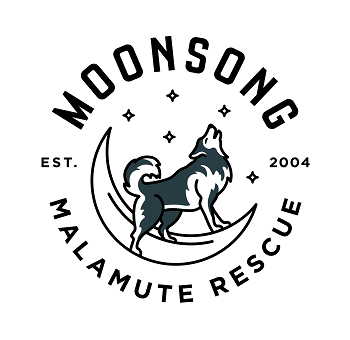As pets age, their care needs evolve, requiring daily routines and healthcare adjustments, including more frequent veterinary visits and specialized nutrition. Adapting to these changing needs is vital to maintaining their health and happiness, focusing on their reduced mobility and potential health issues. This Moonsong Malamute Rescue guide offers essential strategies for providing practical, loving care to support your aging companion through their golden years.
Everyday Vigilance for Optimal Health
As pets age, vigilant health monitoring, including dental care to prevent gum disease and tailored senior diets low in calories but rich in nutrients, becomes critical for maintaining their well-being. Regular grooming serves dual purposes: maintaining appearances and providing the chance to detect early signs of lumps, bumps, or skin conditions. Prioritizing these aspects of care ensures your senior pet remains healthy and comfortable.
The Crucial Role of Veterinary Visits
Routine veterinary check-ups are vital in detecting and managing health issues early. Your vet can offer tailored advice on everything from diet to exercise, ensuring your pet’s needs are met. These visits are also an opportunity to discuss vaccinations, dental care, and any behavioral changes, which could indicate underlying health issues.
A Sanctuary for Rest
A comfortable sleeping area is vital for your aging pet’s well-being because it provides a haven to rest without discomfort. Ensure their bed is warm, cozy, and accessible without jumping or climbing, which can be particularly challenging for older pets with mobility issues. Orthopedic beds can provide extra support for those with joint problems, offering a comfortable spot that makes restorative sleep easier and significantly enhances their overall comfort.
Tuning Into Behavioral Shifts
Changes in your pet’s behavior, such as decreased activity, increased irritability, or changes in eating and drinking habits, can be subtle yet highly indicative of discomfort or underlying illness. These signs warrant closer attention and potentially a visit to the vet to rule out or address health concerns early on. Early detection and intervention, facilitated by regular health screenings and attentive care, can significantly impact their quality of life, allowing for adjustments in treatment or care routines that better suit their evolving needs.
Watching Your Stress
Ensuring your own well-being directly correlates with providing the optimal life for your pet. The tranquility and happiness of your furry companion are deeply intertwined with your own state of mind. Research suggests that pets can sense and mirror their owners’ stress levels, particularly in response to work-related stress. Therefore, prioritizing self-care and stress management safeguards your health and cultivates a harmonious environment for your pet.
Incorporating strategies such as remote work arrangements and occasional pet-sitter visits can mitigate stress for both of you. Working from home periodically or arranging for a pet sitter’s assistance alleviates your workload and ensures that your pet receives the attention and care necessary for their well-being.
Navigating Chronic Conditions Together
As pets age, chronic conditions such as arthritis or diabetes become more prevalent. Close collaboration with your vet is crucial to adjusting your pet’s lifestyle and medication to manage these conditions effectively. This collaborative care may include dietary changes, regular, gentle exercise tailored to their capacity, and medication that targets symptoms, all aimed at alleviating discomfort and improving their quality of life.
Delight Without Detriment
Spoiling your senior pet should be done thoughtfully to ensure their health isn’t compromised. Choose low-fat, low-sugar treats that prevent weight gain and support their dietary needs. Engage them in enjoyable yet gentle activities, such as leisurely walks or brief playtimes, to suit their aging condition. This approach allows you to express love and appreciation without negatively affecting their well-being.
Promoting Mobility Through Gentle Movement
Exercise remains vital for aging pets to maintain muscle strength and joint flexibility, but the intensity and type of activity should be carefully adjusted to suit their current physical condition. Gentle walks, swimming, or simple fetch games can provide the necessary physical stimulation while minimizing the risk of injury, supporting their health without overburdening their aging bodies.
Caring for an aging pet requires patience, understanding, and a proactive approach to their health and happiness. By adapting your care routine to meet their evolving needs, you create a nurturing environment for your companion to thrive in their golden years. Remember that this journey is about making every moment count, filled with love, care, and cherished memories.
Would you like to read more helpful content or learn how we help dogs in the Intermountain West? Visit MoonsongMals.org today!

Image via Freepik

